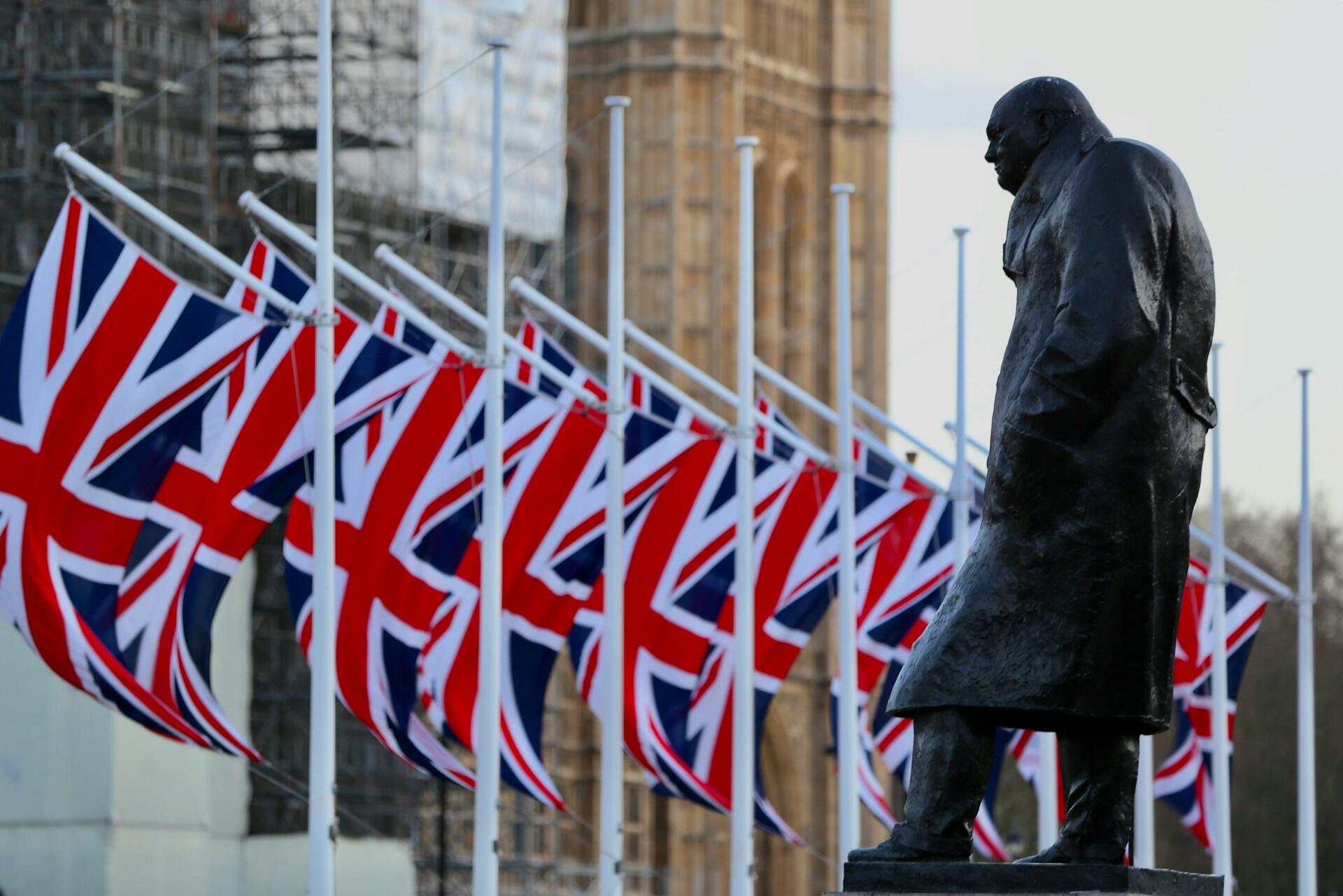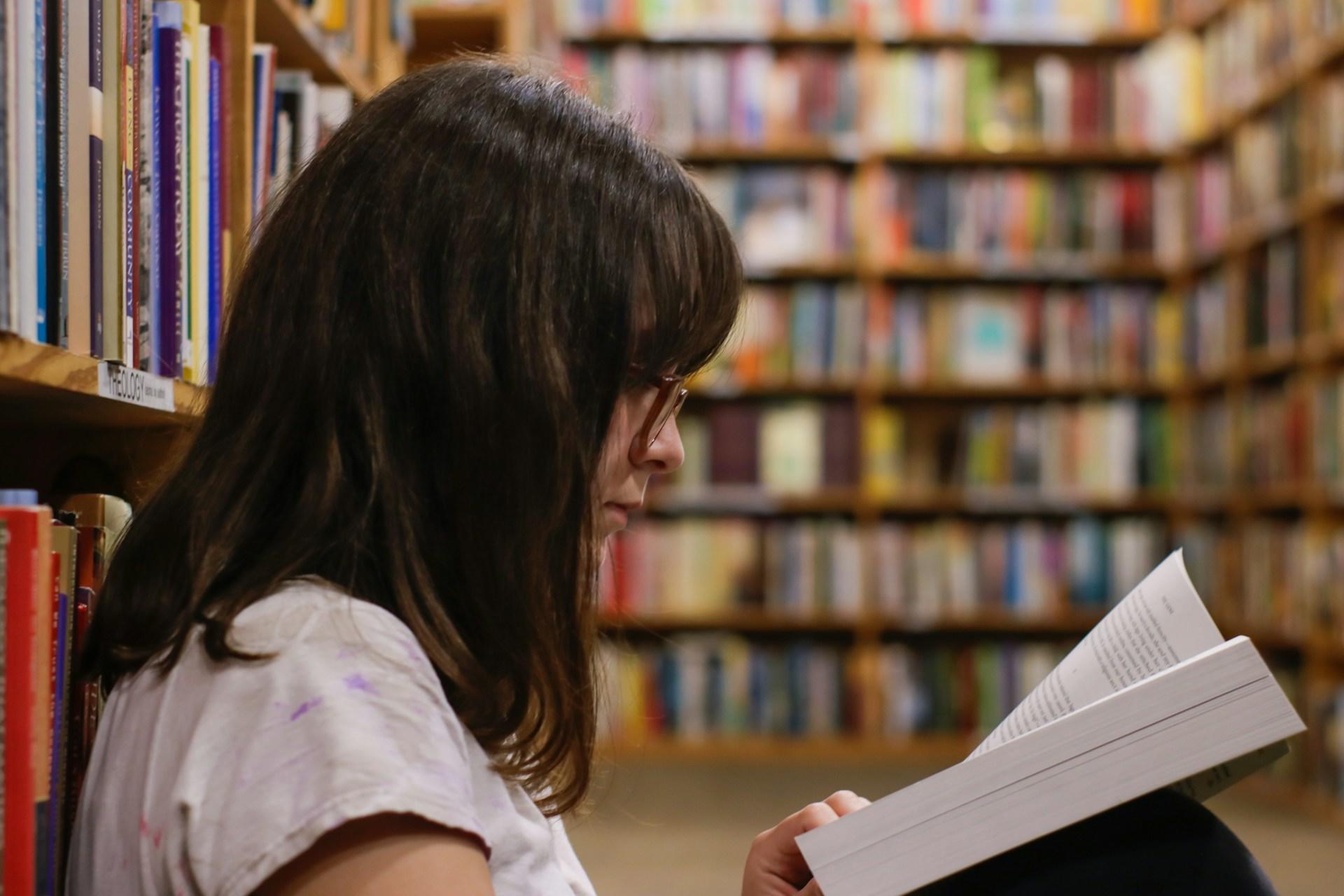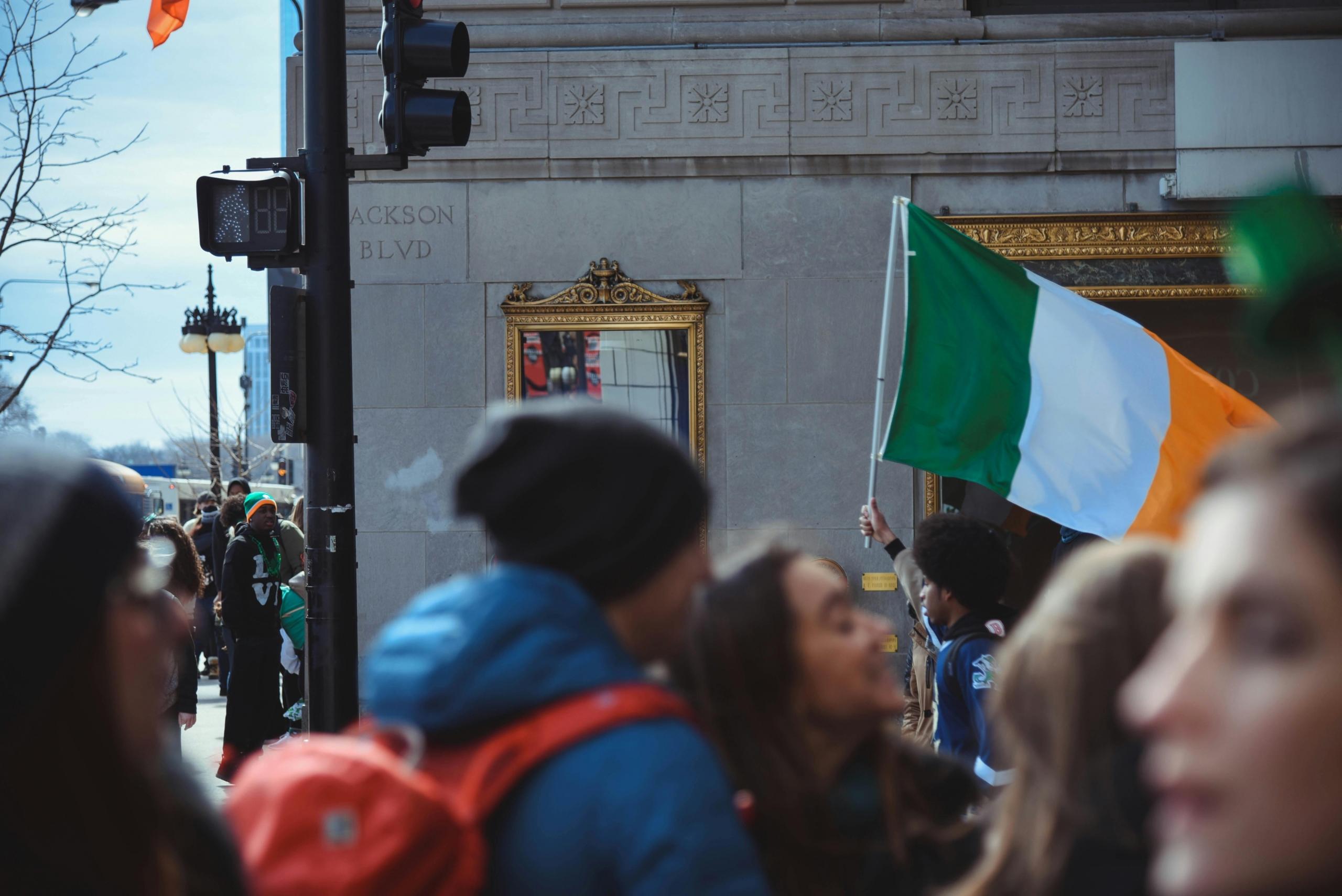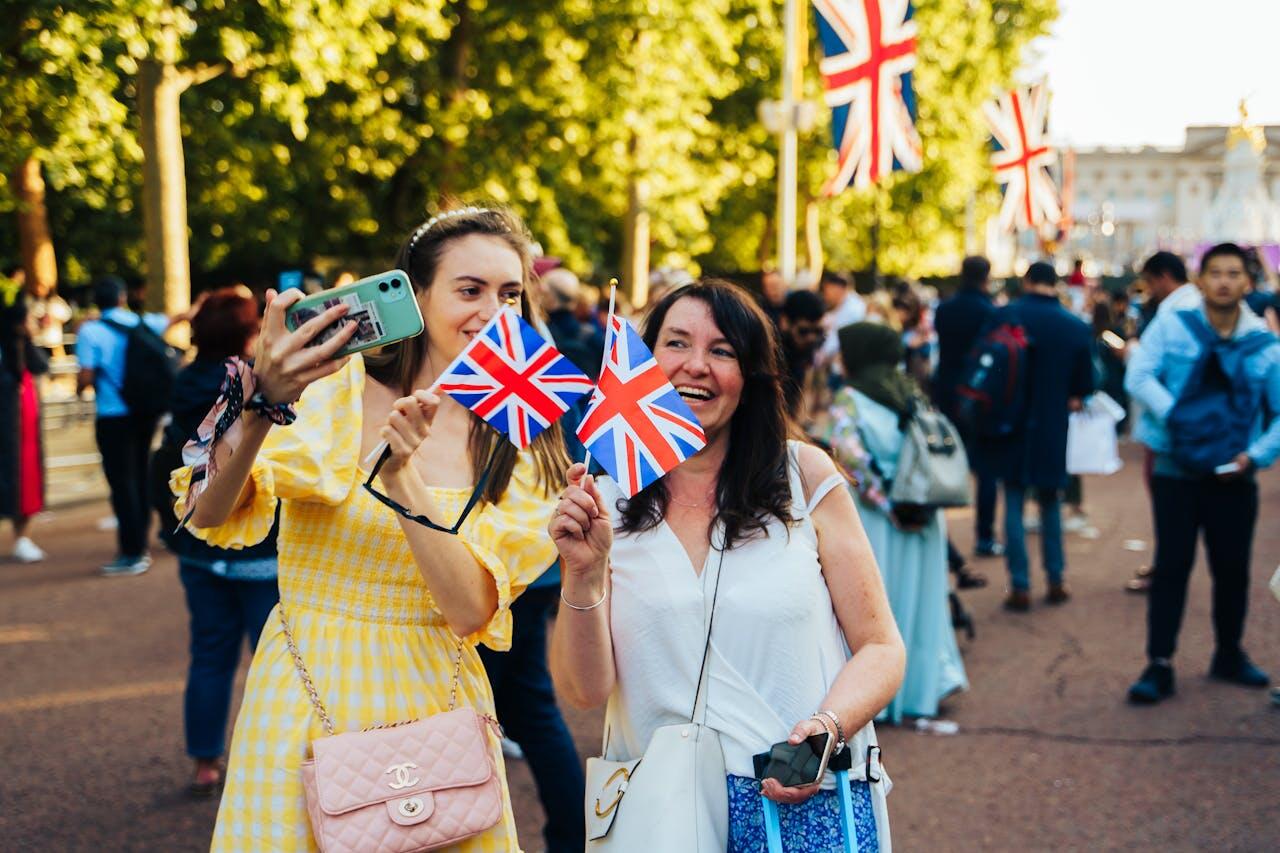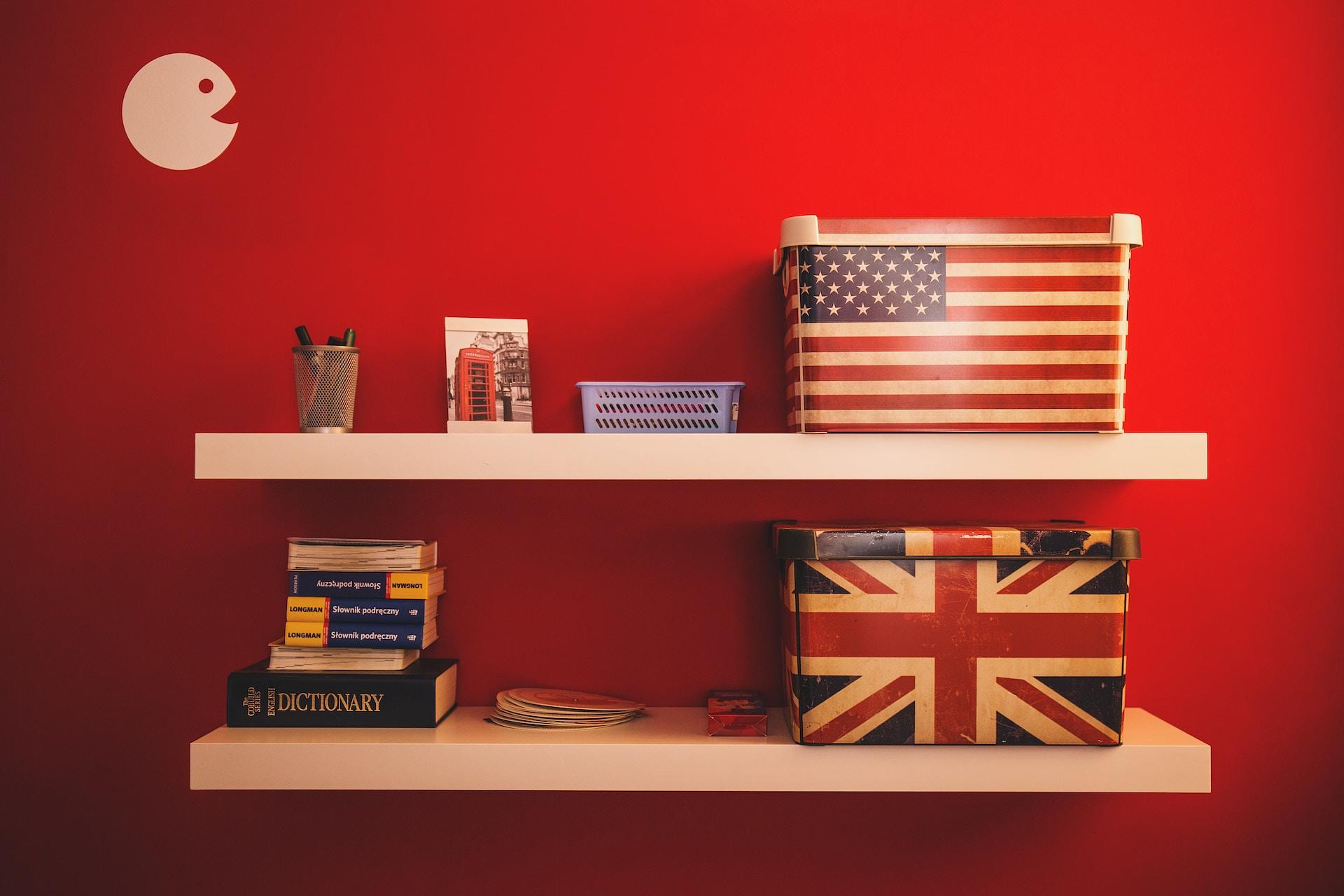Across our (relatively) small country, people speak the same language - English, with an astounding range of accents. Geordie, our island nation's oldest dialect, distinguishes Newcastle-upon-Tyne, while the Yorkshire accent has been voted the most trustworthy. Those two regions, separated by only 130 kilometres, have such distinct language profiles that they make British accents worth discussing. Here, we cover six of them, plus a bonus type of English accent, for comparison.
| 🎯Type of accent | 📍Where you hear it | 😍Remarkable aspects |
|---|---|---|
| London accent | In and around London | Four main accents Cockney is arguably the oldest. Estuary English fills the gap between Cockney and RP. Received Pronunciation is called BBC English Multicultural London English marks younger people's speech. |
| Mancunian accent | in Greater Manchester | Exaggerated mouth movements Rolled Rs Typically a nasal sound. Stark representation of the urban/rural populations. |
| Scouse accent | in and around Liverpool | A lilting, musical accent. Vowel sounds tend to be flat and short. Copies Irish language patterns It's swooping tone is hard to imitate. |
| Scottish English accent | in Scotland and far-north England | Big vowel sounds Trilled and tapped Rs Infused with Scots Gaelic One of Britain's strongest accents |
| Irish English Accent | in Ireland and Northern Ireland | No universal 'Irish English' accent Marked by Gaelic words and grammar. Lilting and musical Notable for its heavy emphasis on pronouncing Rs |
| Welsh English accent | in Wales, particularly eastern parts | Also called Wenglish. Welsh tones layed over British English. Sentence structure follows Welsh conventions. Has a sing-song quality. |
| American English accent | in the US and around the world | Flat, sometimes nasal tone. Takes from British accents Typically 'big mouth' vowels with broguish Rs Heavy use of slang and grammar shortcuts, even in formal speech. |

🤼♂️ Comparing the British Accent to the American Accent
It seems American English is everywhere these days, but the effect is no more so than a century ago.
Recall that Hollywood had the studios to crank out big-budget films and the financing to distribute them. American media - wire services, radio and television have essentially dominated the landscape from those services' start. Today, American digital platforms have taken over American English dissemination.

Clearly, we've had plenty of exposure to the American accent and Americanisms - American slang words and phrases. So, we can confidently compare American English with our own general British accent. (Preview: they're very different, even in writing - 'color' versus 'colour', for example) 🤓
| 🧩Aspect or feature | 🗽American English | 👑British English |
|---|---|---|
| /r/ | Pronounced in all contexts | not pronounced after vowels |
| /t/ | Pronounced /d/ when between vowels butter--->budder, setter--->sedder, tomato--->tomaydo | full glottal stop: butter--->bu'ah, setter--->se'ah, tomato--->tomah-to |
| /L/ | Always 'light'; clearly pronounced | May be 'light' or 'dark' light: laugh, live, love dark: ball, cell, toll |
| /h/ | no specific rules; arbitrarily pronounced home versus 'erb (herb) | h-dropping is common across regional dialects home--->'ome, happy--->'appy, heard--->'eard |
| 'th' | generally pronounced, though regional dialects might transform it into /f/, /v/, /t/ or /d/ | frequently pronounced /f/, /v/, /t/ or /d/ three --->free, those --->doze, through --->troo, further --->furver |
| Long and short /o/ | no difference 'moral' rhymes with 'oral' | 'moral' is pronounced /ˈmɒrəl/ 'oral' is pronounced /ˈɔːrəl/ |
| vowels | loosely pronounced, typically with many mergers as homophones: cot/caught, trap/bath, | distinct difference between mergers cot/caught is kɒt/kɔːt trap/bath is træp/bɑːθ |
| consonant emphasis particularly /t/, /d/, /θ/, /s/, /z/, /n/, /l/ | not specific | /t/ may be pronounced 'ts' or 'tj' if in the stressed syllable /n/ is always /nj/ ('nyew' for new) 'graduate' --->gradyuate and so on |
| syllable stress on two-syllable words | always on the last syllable era--->eh-RAH, patent--->pah-TENT | Typically on the first syllable era--->EE-ra patent--->PAY-tent |
| other syllable stress | laboratory--->la-BRA-tory aluminium--->ah-LU-mi-num | laboratory--->la-BO-ra-to-ry aluminium--->ah-lu-MIN-ee-um |
🎻 Is the Irish Accent a British Accent?
That's a reasonable question, considering that Ireland is its own country, outside the UK's borders. Still, it has a tragic history that British English speakers played a huge role in shaping.

First came the Anglo-Norman Invasion (during the 12th century). The Angles and Normans were intent on bending the Irish to their will. That meant forbidding any hint of native language, among all the other societal disturbances.
But back then, it wasn't like today. The invaders didn't have the manpower - or, quite frankly, the clout to make everyone do as they wanted (let alone digital technology! 📱). The Gaelic tongue survived the onslaught and, as the invading forces retreated, the native Irish language re-emerged. The détente lasted about 400 years, until the Tudors arrived.
That time, the takeover was complete and permanent. Today, statistics show that fewer than 1% of Irish people are fluent in their native tongue, despite it being taught in schools. Yet, the Irish accent persists.
Beyond regional dialects, linguists count five major Irish accents.
What people call the Irish accent is, in fact, Gaelic-speaking patterns overlaid onto British English. So, Irish grammar and syntax define this accent more so than pronunciation. Key differences lie in the Irish lilting tone and a marked pronunciation of the letter R, along with a few choice words and phrases.
| 📖Word | 🎯Meaning | 🤔Sample sentences |
|---|---|---|
| arra musha och yerra | exclamations | Arra, don't be talking nonsense! Och, musha no, ma'am, I never seen er! Och, I dunno know how long he's gone. Yerra, if it works, it works. |
| banjaxed | completely broken, useless, ruined | My hoover's banjaxed, it's why my room looks a kip. |
| bucklepper | an overconfident, overactive individual | Och, springtime, all the shoneen out like buckleppers! (shoneen: an Irishman who acts like an Englishman) |
| Cod | a fool; fooling someone | Don't make a cod of yourself I was only codding her! |
| craic crack | entertainment, having fun | Yerra, it’ll be great craic! The craic was mighty, mighty! |
| fáilte | welcome | céad míle fáilte is a standard greeting (meaning: a hundred thousand welcomes) |
| grá | affection for; love (not always romantic) | They have a great grá for cats! |
| gansey | cardigan, sweater | Take yer gansey, we've another soft day (overcast with drizzle) |
| hames | make a mess of things | He made a right hames of that, dint he? |
| Jacks | bathroom, WC | Where's the jacks? |
| kip | a nasty, sordid place | That hotel was a kip! The place is a kip, I can't believe we're eating here! |
| mitch | to skip school | Musha, you've mitched for the last time. childer! |
| sleeveen | cunning, untrustworthy person. | Ya little slieveen, always snaking ur way out of trouble! Och that Connor, what a sleeveen! |
| press | cupboard | You'll find the bread in the press, under the delph (dishes). |
| runners teckies tackies | trainers | Ya, where's me runners? You like my new teckies? |
🧶 The Hardest of British Accents: the Scottish Accent
The Irish weren't the only ones to have troubles with their English neighbours. For centuries, the Scots battled incursions and assaults on their lands, their culture and way of life, and their language.
All that formally came to an end after the 16th-century Scottish Reformation. As though that weren't the foregone conclusion, the Scottish king taking the English throne made the British takeover complete. But, just like their Irish brethren, the Scots overlaid their language's and culture's particulars onto British English.

The Scots-Irish Connection
One might argue that the Irish had a far more profound effect on the Scottish language and accent than the British did. Waves of Irish settlers began arriving in Scotland as early as the 4th century. They married their Gaelge language with Scots, forming lasting linguistic bonds. This clip highlights some of those similarities (and differences).
Out of this language union comes a long list of colourful phrases, a select handful of which we feature here.
| 😮Phrase | 🎯What it means | ⌚When to use it |
|---|---|---|
| Lang may yer lum reek! | Long may your chimney smoke! A wish for long life, prosperity, and comfort. | Whenever a greeting is called for. |
| Yer lookin’ a bit peely wally. | You look like you're ill. | With friends/loved ones, when they looked peaked. |
| It’s a dreich day. | It's damp, chilly and generally blah outside. | Whenever discussing the weather is appropriate. Before saying the phrase above. |
| Keep the heid. | Keep calm | When trying to soothe an anxious person. When helping someone plan something. |
| Yer bum’s oot the windae! | You're talking nonsense! | Among friends and loved ones. |
| She’s up tae high doh! | She's very anxious. | When talking about someone high-strung or high-maintenance. |
| Dinna fash yersel. | Don't worry. | When trying to comfort someone. |
| I’ll gie ye a skelpit lug. | I'll give you a smack on the ear. | When delivering a playful threat. |
| Haud yer wheesht! | Be quiet (shut up!) | With friends/loved ones. |
| Failing means yer playin! | At least, you're trying. | When you want to encourage someone after they fall short of a goal, or before they start something. |

🐑 Fitting Welsh Into the Types of British Accents
In many ways, Welsh is a lot like British English. Its distinctive accent comes from the Welsh pronunciation of specific letters, rather than any particular tone or grammar structures. That's because Welsh and English go way back - to the 1200s, to be specific.
The Welsh took a pragmatic look at their economic prospects. They realised that England had far more commerce and trade going on, something that Wales could benefit from. If only they spoke the language!😔
The Welsh did not abandon their language wholesale.
It was more a case of English coexisting with Welsh.
That was until King Henry VIII forced the monasteries teaching the Welsh language to close and destroyed their books (1536-41). A grassroots-level effort across Wales did much to preserve the language but, officially, it went into steep decline. Still, a few aspects of the Welsh language make this accent distinctive:
- Welsh English speakers follow British grammar and vocabulary rules but pronounce letters by Welsh standards.
- Welsh English includes the tag question 'isn't it?' after a sentence.
- Yoda-speak: placing the subject after the predicate (Mad, he is!)
- The use of 'where to' instead of 'where' (Where to is your da?)
You can hear all those features and more in this informative clip.
🏭 Region-Specific English Accents: Mancunian
Scotland, Ireland and Wales suffered British invasions that forever changed those countries' cultures and languages. By contrast, the 'invasion' into Manchester was beneficial.
Manchester was the seat of Britain's first Industrial Revolution. This world-changing event needed lots of bodies to power its engines.
Around the world, the industrious and those keen for steady pay cheques set off to make their mark on Manchester's industries (and linguistic landscapes). They came from as far away as Eastern Europe and as close as Ireland.
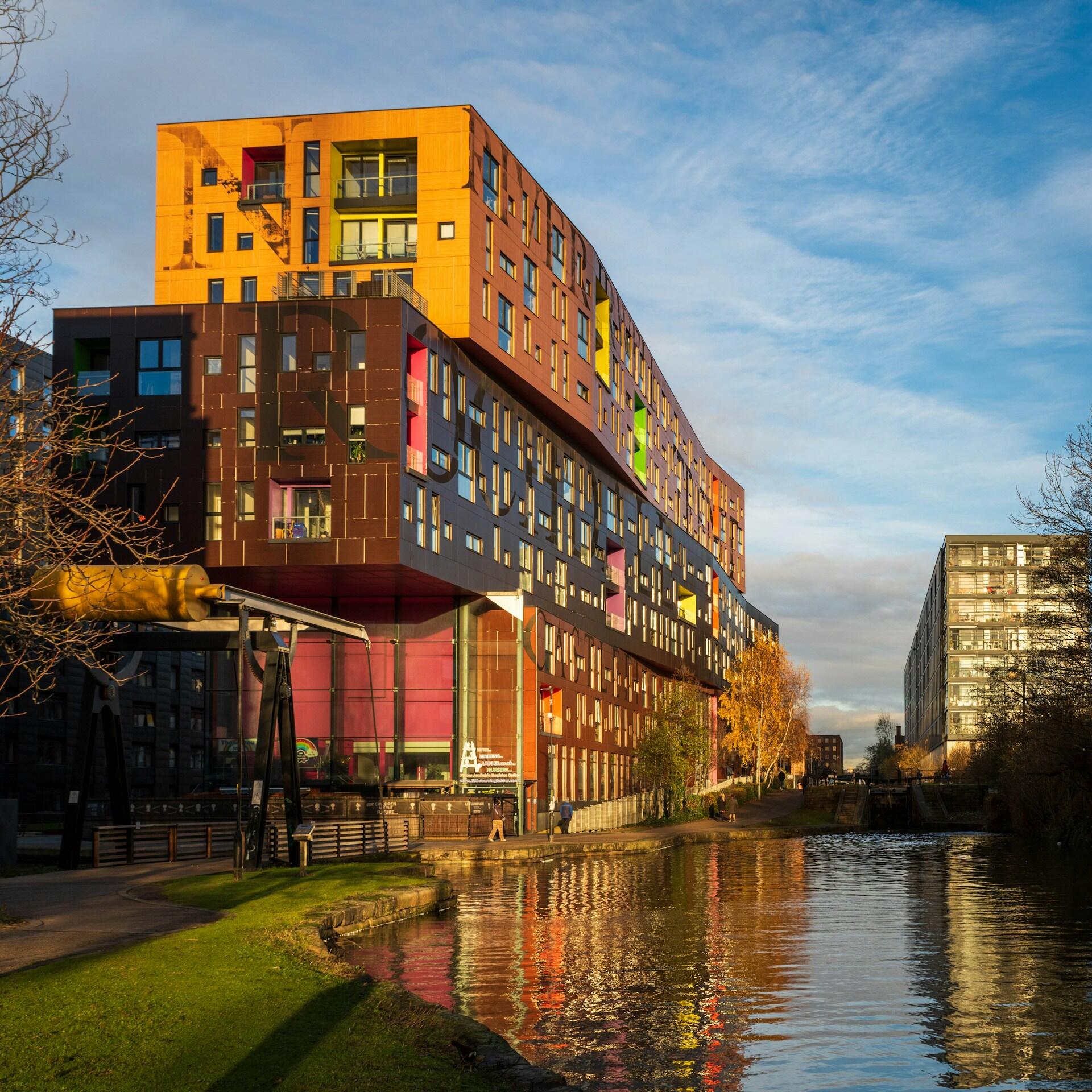
Across Britain, workers flocked to what we now call Greater Manchester, as well. Perhaps with hopes of forging their own fortunes from those industrial machines.
This melting pot of languages, cultures and desires distilled itself into a unique way of talking. It features the Irish's sing-song lilt, the Slavic (and Irish) rolled R, and the local 'big mouth' vowel pronunciation. Have a listen to what it sounds like.
Spoken in any other accent, Mancunian words and phrases would sound silly. However, spoken in this distinct accent, Mancunian slang is a treat for the ear and the mind.
| 📖Mancunian word | 🎯What it means | 🤔How to use it |
|---|---|---|
| bobbins | worthless, rubbish | He's bobbins, that one! Just sits around all day! Bobbins! I never (said that)! |
| buzzin(g) | very happy, excited | I'm buzzin' over me gran's present! You buzzin' over gettin' your licence, yeah? |
| dead | very | She's dead friendly, she'd make friends with a lamp post. I wunt go out, I'm dead tired. |
| gaff | where you live; a house or flat | Me gaff's a right mess, let's go somewhere else. Youse gaff big enough for all of youse? |
| hangin' (angin') | disgusting | What's that angin smell? She's proper angin, that one! |
| kid | mate, friend, someone you feel affection for | That's our kid, dead friendly to everyone! A-ight, kid? |
| madferit | mad for it (love it) | "Wanna go oot?" "Madferit!" So ee asked er and, accourse, she was madferit. |
| mither | annoy or bother; also whinge or complain | Quit yer mithering and do it, already! That's you, mithering again! |
| muppet | idiot, fool | Quit yer mithering, you muppet! That muppet doesn't have the sense to know is own gaff. |
| pure | a large quantity | That place was pure busy (lots of people there). I'm pure ragin' over what he said! |
| safe | on good terms | We safe, then? (after an argument) Oh yeah, me an' her? We safe. |
| scran | food | Fancy some scran, kid? Me scran went cold while he mithered on. |
| snide | stingy, tight-fisted | I wunt go wif 'im again, ee's right snide! Me da's pure snide, give me nuffin for any scran. |
| sorted | taken care of, understood | That's us sorted, then. Those madlads need sorting, they're proper angin. |
| sound | trustworthy | Yeah, ee's sound, you can buy it off 'im. That muppet's nowhere near sound! |
🚢 Scouse: A Special British Accent English
Liverpool lies on the banks of the Mersey Estuary. It was perfectly situated to ship Manchester-produced goods out to the Irish Sea. It was also the perfect landing pad for immigrants, particularly from Ireland.

Irish migrants began arriving in the 1700s, positioning themselves well for the imminent surge of work to be had on the docks. They built their communities among the Welsh populations who were also making their lives in Liverpool. Meanwhile, Scandinavian mariners contributed to Liverpool's trade by sea.
A fair number of them adopted this city, deciding not to return to their frigid homelands. These migrants brought scouse with them, which became the iconic symbol of Liverpool English.
Scouse is a thick soup with meat, potatoes and vegetables, native to Scandinavian countries.
People in Liverpool who ate this soup, immigrant or native, were called scousers. Perhaps that was meant as an insult, or maybe those so labelled wore the name as a badge of honour. Either way, Scouse - the soup and the name, took root. That word now symbolises the Scouse way of speaking.
Ts are either very pronounced or whispered over. When at the start of a word, pronounce it 'ts' - tsoast, tsea, tsable. When at the end of a word, pronounce it as though it were an H - trea-h (treat), grea-h (great), ma-h (mate).
We close out our segment on the Scouse way of talking with a nod to one of the most famous groups in music history. If you're any kind of music fan, you surely know that Liverpool is Beatles country. Accordingly, some call the Scouse 'the accent of the Beatles'. In this clip, a young Beatle demonstrates this accent for us.
🏢 The London Accent: Not a Typical British Accent
We round out our review of English accents with those you hear in our capital city. Indeed, 'those', because London-speak comprises not one, but four 4️⃣ distinct types of English accents.
- the Cockney accent: the hallmark of working-class London
- Estuary English (EE): the bridge between Cockney and Received Pronunciation (RP)
- RP - the 'posh' British accent, also called BBC English and the Queen's English
- Multicultural London English (MLE): the language of urban youth
MLE is the 'youngest' British accent to emerge, and Cockney is the oldest. In fact, Cockney has been around since at least the 1500s, taking Irish-speaking patterns as one of its primary influences. By contrast, MLE favours its Jamaican and West African roots and leans towards innovative slang.
Cockney and MLE speakers use a type of code to convey meaning.
Cockney relies on rhyming slang; MLE draws on foreign vocabulary or made-up words.
Where those two accents 'code' their speakers into their language communities, RP and EE act as 'universal' English. Everyone understands them; every English learner studies them. They are the template for the British accent English around the world.
But they are, by no means, the only ones - across the UK or in London. This clip presents the diversity of London accents, along with titles of shows to watch so you can hear them.
Summarise with AI:

